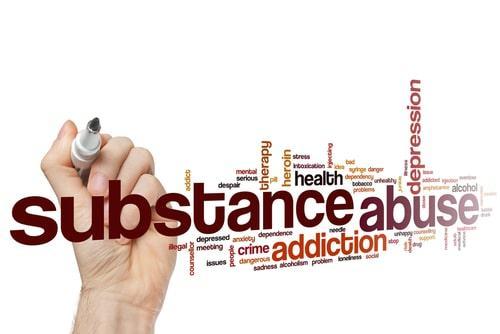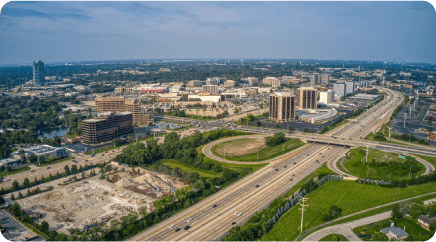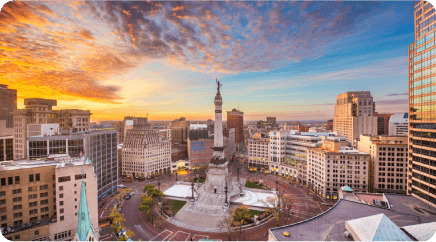Can Substance Abuse Lead to Professional License Discipline?
 Substance abuse, including alcohol and drug addiction, can have serious consequences for individuals in various professions. In the state of Illinois, professional license holders are held to high standards of conduct and ethics. Engaging in substance abuse can not only jeopardize an individual's health, but it can also affect their ability to practice their chosen profession. Licensed professionals who struggle with substance abuse may need to take steps to address disciplinary action and ensure that they can keep working in their chosen profession, and they can do so with the help of an experienced attorney.
Substance abuse, including alcohol and drug addiction, can have serious consequences for individuals in various professions. In the state of Illinois, professional license holders are held to high standards of conduct and ethics. Engaging in substance abuse can not only jeopardize an individual's health, but it can also affect their ability to practice their chosen profession. Licensed professionals who struggle with substance abuse may need to take steps to address disciplinary action and ensure that they can keep working in their chosen profession, and they can do so with the help of an experienced attorney.
The Impact on Professional Licensing
Illinois has strict regulations regarding professional licensing, and these rules are meant to protect public safety. There are numerous licensing boards that oversee different professions, and they have the authority to impose disciplinary actions if professionals violate ethical guidelines or engage in misconduct such as substance abuse.
If a licensed professional is found to be struggling with substance abuse or addiction, it can lead to significant repercussions affecting their professional license, including:
-
License suspension or revocation: The regulatory body responsible for overseeing a particular profession may suspend or revoke the individual's license if they determine that the licensee cannot properly practice their profession due to substance abuse issues.
-
Other disciplinary actions: Even if revocation or suspension is not deemed necessary, fines, probationary periods, mandatory treatment programs, monitoring agreements, or counseling requirements may be imposed on professionals. This may allow them to seek help for their substance abuse issues while continuing their practice.
-
Mandatory reporting: Some professions require licensees to self-report any arrests related to illicit substances. Failing to report could result in additional penalties from both the criminal justice system and the regulatory body overseeing the professional's license.
Suspended Licenses: The Road Back
If your professional license has been suspended due to substance abuse issues, or if you have agreed to voluntarily surrender your license during treatment, it is important to address the underlying problems and demonstrate your commitment to recovery. Once you have completed a rehabilitation program or addressed your substance abuse issues successfully, you may be eligible for reinstatement of your professional license.
To begin the process of reinstating a suspended license, you can take the following steps:
-
Establish sobriety: By participating in a recognized substance abuse treatment program and complying with any aftercare requirements recommended by professionals overseeing your case, you can make sure you have the tools needed to avoid substance abuse issues in the future.
-
Demonstrate progress: You can demonstrate that you are committed to recovery by submitting proof of participation in support groups such as Alcoholics Anonymous (AA) or Narcotics Anonymous (NA) and attending regular counseling sessions focused on addiction recovery.
-
Evaluation: A qualified professional who provides services related to addiction medicine or psychology can review your case and assess whether you are fit to safely practice your profession without posing a risk due to substance abuse concerns.
-
Comply with licensing board requirements: Fulfill all other requirements mandated by the regulatory body overseeing your profession, including completing any continuing education credits necessary for re-licensure while demonstrating ongoing compliance with ethical guidelines.
Contact an Illinois Professional License Defense Attorney
If you are facing disciplinary action against your professional license due to substance abuse issues, it is crucial to seek legal representation from an attorney who understands how to handle these matters effectively. At The Law Offices of Joseph J. Bogdan, Inc., our Chicago professional license defense lawyer is familiar with the laws and regulations that play a role in these situations. We can guide you through the administrative hearing process while protecting your rights and advocating for solutions that will allow you to receive treatment and continue working in your profession. Contact us at 630-310-1267 to set up a free consultation where you can discuss your situation and explore your options for avoiding discipline to your license.
Sources:
https://ilga.gov/legislation/ilcs/documents/022501070K80.htm
https://www.illinoisphp.com/about









